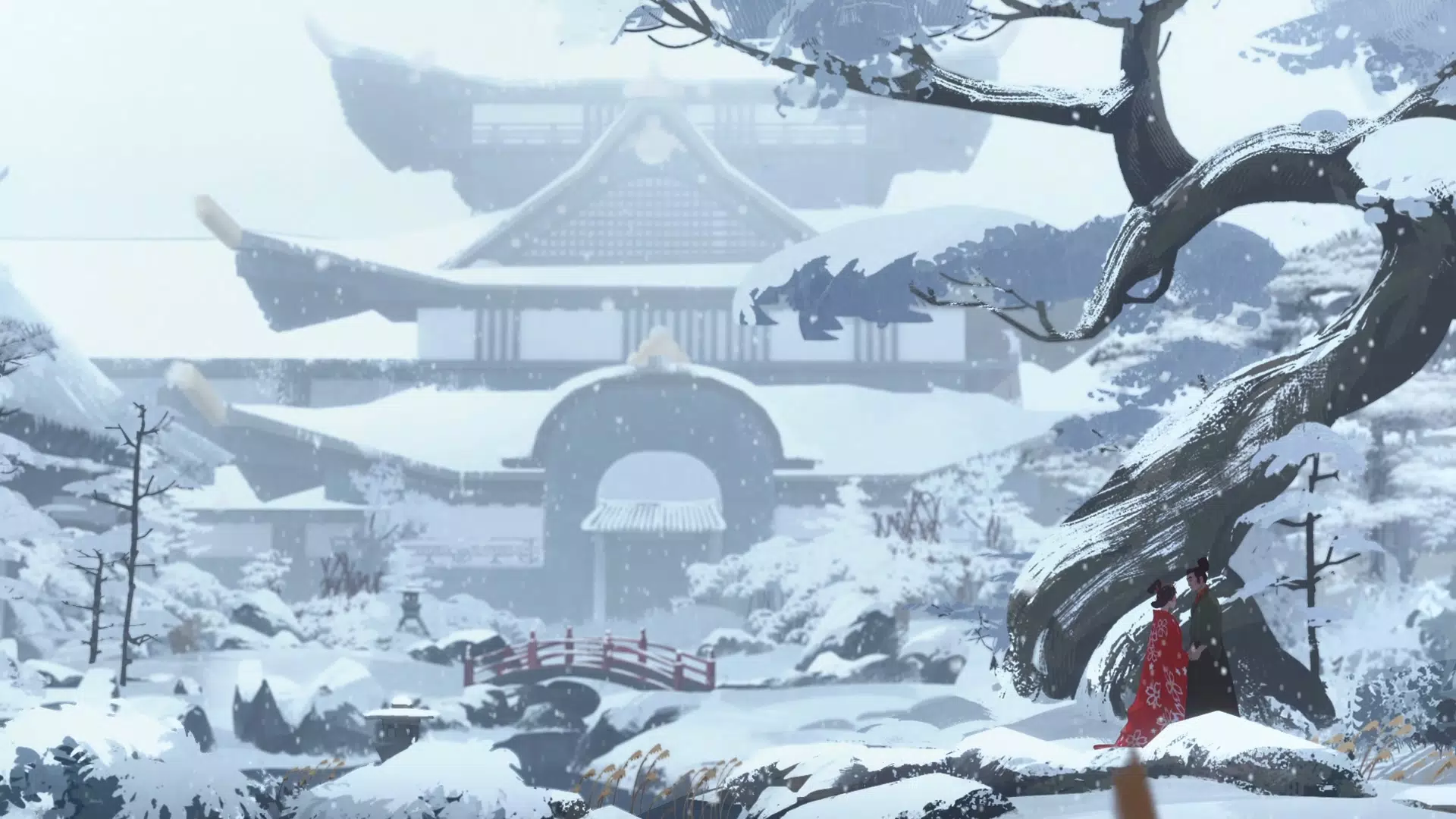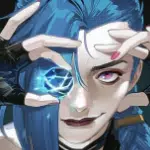If you watch this show and decide it’s too “woke” for you, you’re a fool. In Blue Eye Samurai, the main villain may be a white man, but it offers so much more than that. Following the story of a half-white samurai seeking revenge on the last four foreigners remaining illegally in Japan, the show goes all in on its TV-MA rating to explore the trauma our identities inflict upon us and how they change us. The result is a story which, while nothing terribly special visually, offers a unique perspective on how blind we can be to others’ struggles.
The characterisations of Blue Eye Samurai’s main case are subtle, but the audience still quickly comes to realise that all characters are, in one way or another, part of an oppressed group. With the main character Mizu and her gentle-giant sidekick Ringo, this is quite visible : Mizu is bullied and discriminated against for her mixed-race identity and Ringo is considered incapable due to being born without hands. The other two protagonists' identities are a bit more complex, though. Taigen, a skilled swordsman, has a promising future marriage ahead of him… until he loses one fight, and everything he earned goes to waste as his poor background doesn’t offer him the social standing to sustain such a humiliation. His would-be bride, Akemi, also seems to lead quite a charmed life as a rich princess, though the audience quickly comes to realise that her gilded cage is a cage nonetheless as her role as a woman offers her few opportunities in life. For each of the main characters, their mere identity becomes a source of constant trauma and pain.

Having a cast of diverse backgrounds who experience trauma isn’t special in and of itself, though. What makes these characters so compelling is that Blue Eye Samurai shows how each of them is so caught up in their own struggles that they fail to see or understand the struggles of others. This is part of why the accusations of the show being overly leftist just don’t stand up, as the story isn’t about perfect minorities facing a purely evil bad guy. Instead, we see how the characters consistently make bad choices and let each other down. Taigen, who was also one of Mizu’s childhood bullies, doesn’t consider their shared past of poverty but instead views her as someone lower than him, someone he can use as a stepping stone to raise himself up again. Akemi envies prostitutes for their freedom and compares her arranged marriage to a wealthy man to prostitution, completely unaware of the difference between those lives. Mizu, too, proves to be more than willing to harm or sacrifice others when deemed necessary or “best”. Even the evil character, Fowler, is eventually revealed to be driven by trauma of his own.

Blue Eye Samurai has nothing to do with being “woke”. Having minority characters doesn’t make a show “woke”, at least not in the pejorative sense of the word. It’s true that some dialogue does push the show in that direction, such as when Fowler talks about making the Japanese characters find his face more beautiful than their own, a line a tad too close to modern-day discussions of colonisation and beauty standards to be entirely realistic. In the end, though, Blue Eye Samurai tells a very nuanced story about how everyone, even rich white men, experiences a lack of privilege in one way or another and shows us that it isn’t our privilege but rather what we do with it that defines us.

It’s not easy, of course, unless you’re just naturally very empathetic and caring like Ringo. It’s far too easy to forget the power we do have and instead resort to the cruellest of means to regain the power we don’t have. A good example of this from my own life was a boy who went to school with me. At the time, he made fun of me for having short hair, using the logic that short hair = lesbian = going to Hell. This was incredibly difficult for me at the time because I had just moved to a new town and didn’t fit into the super-religious culture there, resulting in my social rejection and then depression. Surprisingly (or maybe not), he eventually came out as gay himself. It’s clear, then, that he bullied me at that time as he was struggling with his own identity which deprived him of power given his religious surroundings. He was trying to feel better about himself and align himself with the dominant culture in order to maintain social status, and in doing so targeted me, either not recognising or not caring about the struggles I was experiencing. This is what Blue Eye Samurai is all about, and what it’s trying to warn us against.

Altogether, Blue Eye Samurai is definitely worth the watch. While it’s unlikely to blow you away with its sound or visuals in the way that similarly adult-themed animated series Arcane will, its story is extremely compelling and thought-provoking. If you’re averse to sex and violence, you might be better off watching or reading a plot summary. Otherwise, I can’t recommend Blue Eye Samurai enough - just know you’ll be crying for a second season as soon as the first ends.






Share your thoughts!
Be the first to start the conversation.